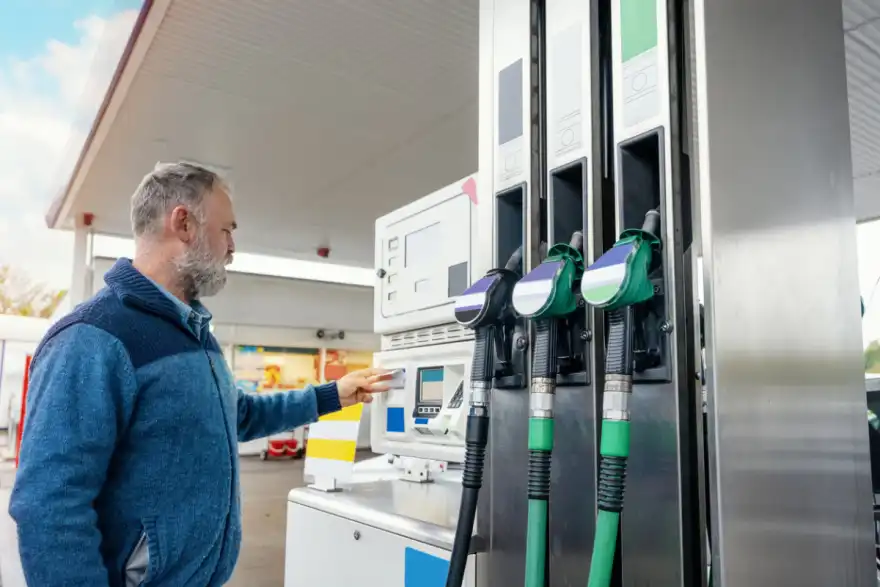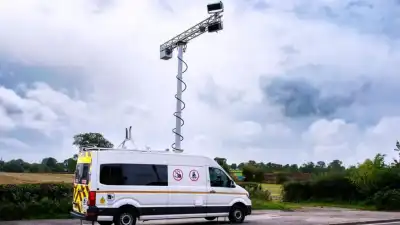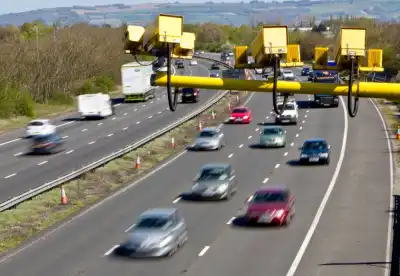
Fuel prices have hit a three-year low, with the latest RAC data showing an average price of 135.2p per litre for petrol. This comes after the Chancellor announced in the Budget that fuel duty would be frozen for another year, despite recent spikes in oil prices due to Middle Eastern tensions.
Currently, filling up a typical 55-litre family car with petrol costs about £74.40, while diesel, which has risen slightly to 140.2p per litre, brings the cost to just over £77. The UK has some of the highest diesel prices in Europe, and this trend has held for 21 out of the last 27 weeks. However, you can still save on fuel by filling up at supermarkets, where unleaded averages around 132p and diesel 136.8p, giving drivers a 3p-per-litre discount—close to £2 off per tank.
Costco members save even more, with petrol at just 127p per litre and diesel at 131.7p, well below the national average. Northern Ireland also offers lower prices than the UK average, with petrol at 130.4p and diesel at 134.1p, about 5p and 6p cheaper, respectively.
In addition to the duty freeze, the Budget outlined plans to monitor fuel prices more closely starting in two months, allowing the Competition and Markets Authority to scrutinise the retail fuel market. The Government's "Fuel Finder" scheme, expected by 2025, will require all retailers to report price changes within 30 minutes.
The Chancellor emphasised that raising fuel duty would have been the “wrong choice” in the current economy. Motoring groups like the RAC and AA welcomed the freeze, noting that drivers would have faced an additional £48 a year if the duty cut had been reversed.
Curious about what affects petrol prices? Typically, every $2 per barrel change in crude oil prices affects the pump price by 1p per litre. For instance, a $20 increase could mean an extra £5.50 to fill a 55-litre tank. Retailer margins are also adding around 6p per litre to current prices, contributing to the cost drivers pay at the pump.




